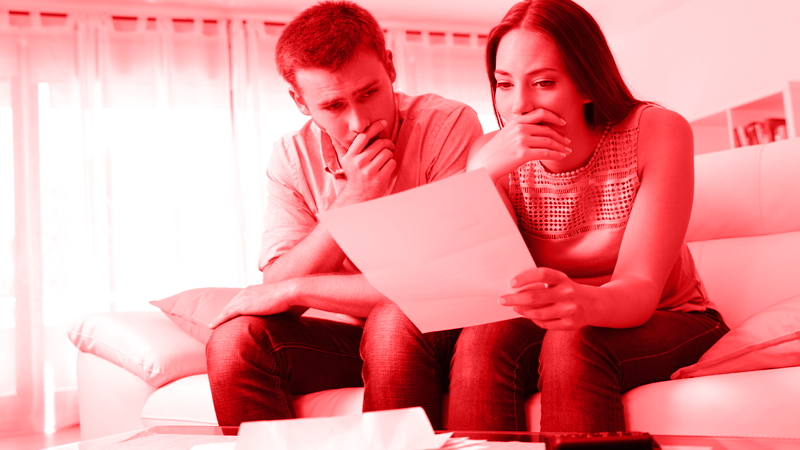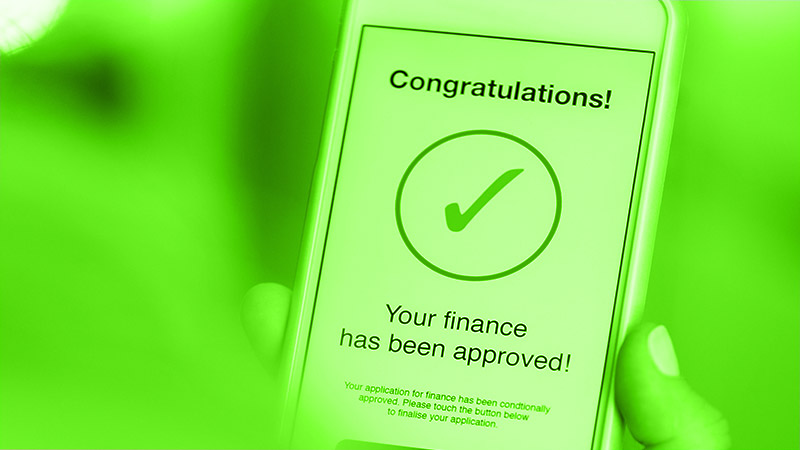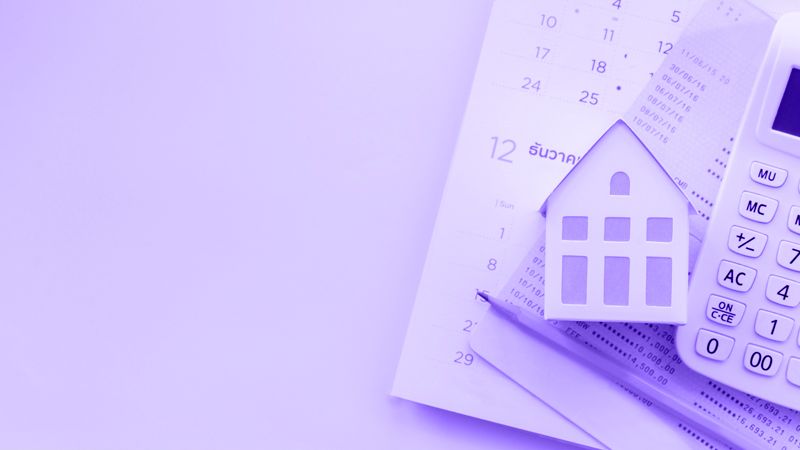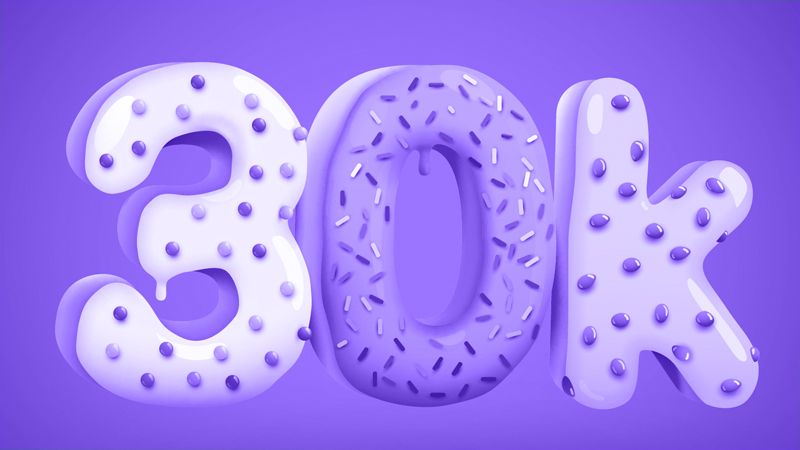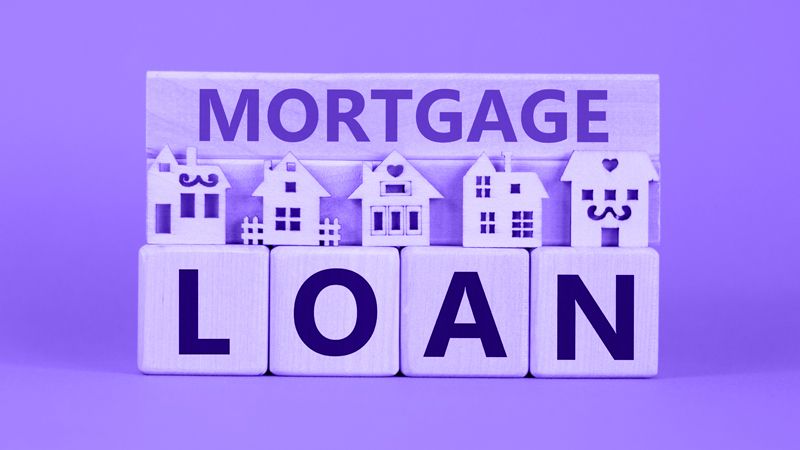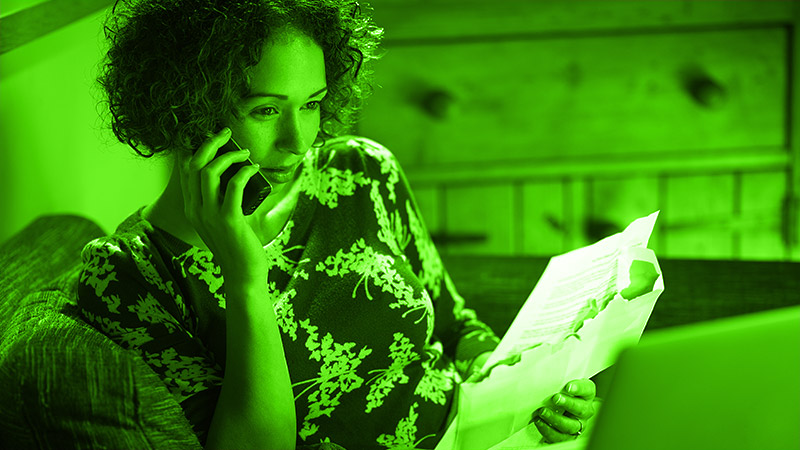Loans and other credit options usually fall under two main categories, secured and unsecured.
The main difference is the presence or absence of collateral, a form of security for the lender against non-repayment by the borrower.
Here’s everything you need to know.
What Is A Secured Loan?
A secured loan involves borrowing money against an asset you own.
The asset acts as security or collateral that the lender can repossess to recover the advanced amount if you can’t repay the loan.
Most lenders use property like your house as security. You can also secure a loan on other valuable things like your car, electronics, expensive jewellery, or other assets.
Lenders face less risk with secured loans because they can use the asset to recover their funds if they default.
They’re more willing to advance higher loan amounts and low interest rates because they know you’ll be motivated to repay to avoid losing your asset.
Lenders will place a lien on the asset you use as security, giving them the legal right to repossess it if you default. When you fall back on repayments or default, they can repossess your asset and sell it as a last resort to recover the advanced amount.
A lender will require that the asset’s value be greater or equal to the advanced amount to ensure they can recover the loan amount if necessary.
They’ll also need it to be maintained or insured under certain specifications to maintain its value. It can include having home insurance for properties used in mortgages or car insurance coverage for auto loans.
Related quick help guides:
- Secured loans brokers.
- Secured loans for pensioners.
- Secured loans for self employed.
- Interest only secured loans.
- Can I get a secured loan on a buy to let property?
- Secured business loans.
Pros And Cons Of Secured Loans
Pros
- You can borrow larger amounts
- Longer repayment periods can translate to lower monthly repayments
- They feature low-interest rates
- Easier to qualify for even if you’re self-employed or have a bad credit history
Cons
- You can easily lose your home or asset if you fail to repay
- Some secured loans feature variable interest rates, which can increase your monthly repayments
- You may end up paying more interest overall because of the extended repayment period.
- They can feature other costs like arrangement fees or other set-up costs you have to factor in when working out the loan’s total cost.
Types Of Secured Loans
Homeowner or home equity loans
These refer to loans secured against your home and involve large sums you repay over long periods of 3 to 25 years.
Logbook loans
They’re secured against your car, and you can borrow 50% or more of your vehicle’s value. They can have high-interest rates and last up to 5 years.
First and second charge mortgage
First charge mortgages are loans taken out when you have no existing mortgage. Second charge mortgages involve setting up a separate agreement from your existing mortgage with the same lender or a different one.
Vehicle finance
These loans are secured against a vehicle you’re looking to purchase but don’t already own through a finance agreement. It can last from one to five years, and you’ll only own the vehicle after you’ve made the final payment.
What Is An Unsecured Loan?
Unsecured loans are cash loans that don’t require you to provide your assets as collateral or security. You simply borrow money from the lender as a lump sum and agree to repay the amount plus interest over a pre-agreed time frame.
Because there’s no security involved, they tend to feature higher interest rates, and you can incur additional charges if you make late repayments of miss one. How much an unsecured loan will cost you will depend on how risky a borrower the lender considers you to be.
It’s usually referred to as risk-based pricing and can be influenced by things like:
- The amount you want to borrow
- The period you need for repayments
- Your income
- Your credit history
Although the risk is lower for the borrower, it doesn’t mean you can default without consequences. The lender can initiate legal actions against you to recover the loan amount, and your credit score will be impacted negatively when you miss repayments.
Pros and Cons Of Unsecured Loans
Pros
- Offer more flexibility than secured loans
- The borrower faces no risk to their property or assets
- They feature quick application and approval that provide quick funds in a hurry
Cons
- You need good creditworthiness to qualify for the best rates in the market
- They can be more expensive than secured loans
- They often feature smaller loan amounts than secured loans
Types of Unsecured Loans
Personal loans
These allow you to borrow a lump sum that you repay in instalments over a pre-agreed time frame. You can use the funds however you like without restriction.
Guarantor loans
These involve incorporating the help of a responsible friend or relative who agrees to repay the loan when you can’t. They’re suitable if you’ve found it difficult to get approved for a loan independently. The guarantor must have a good credit history and stable finances to qualify.
Cash advances
A cash advance is a short-term loan where you get a portion of your next income before receiving it. It usually features small amounts that provide you with some bridging cash to make it to the end of the month. They’re usually repaid within a few days or weeks on the day you get paid.
Risks Of Secured And Unsecured Loans
Both secured and unsecured loans come with certain risks. These include:
- If you miss repayments, make late repayment or default, you can damage your credit score.
- You may be tempted to borrow larger amounts than you can afford, which can put you in financial strain or hardship as you struggle to repay.
- You may incur late fee penalties if you make late repayments or early settlement fees if you pay off the loan early. Ensure you carefully understand the terms of the deal to avoid penalties.
- Legal action can be taken against you if you default on the loan. You’ll be considered to have defaulted if you miss payments for three to six months.
Should I Choose A Secured Or Unsecured Loan?
Picking the right loan option for you can make borrowing easier, cheaper and lower risk. Various things to think about include:
- Why do you need to borrow
Why you need the money and how you intend to use it can determine the right loan option for you. For example, the right loan to buy a home will always be a mortgage. Other reasons you may need a loan include buying a car, consolidating debt, financing a holiday, or making a large purchase.
- How much do you need
The amount you require can also determine the appropriate loan for you. Generally, secured loans offer larger amounts and are a great option if you want to borrow more, while unsecured loans offer small amounts that are easier to repay.
- How long do you need to pay back?
Most secured loans offer longer repayment periods than can go over ten years. With unsecured loans, you’ll get from one to seven years, but some lenders are flexible and can offer longer periods.
Unsecured loans are excellent if you plan to pay the amount back quicker. Remember, the longer the period, the more interest you’ll pay overall. You’ll also need to make higher monthly repayments with shorter periods.
- Your circumstances
Situations like having bad credit or being self-employed can limit the number and types of loans you can access. A strong or positive credit history allows you to choose from all kinds of loans.
Secured And Unsecured Loans Final Thoughts
Whether you’re taking out a secured or unsecured loan, you must carefully consider your circumstances and how much you can realistically afford. When possible, unsecured loans are usually the best option because they feature less risk to your home and assets.
Give Mortgageable a call today at 03330 90 60 30 or contact us to speak to one of our friendly advisors.


